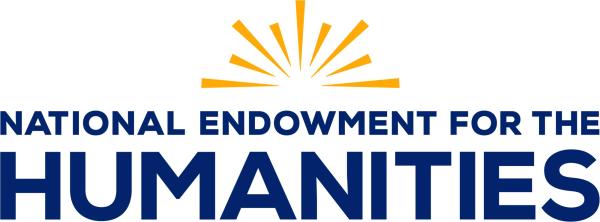Building capacity / Capacity alignment
Joy Davidson, DCC; Martha Whitehead, Research Data Canada, Laura Molloy, HATII, Mary Molinaro, U Kentucky/DPOE/NDSR
- DPOE train the trainer
- One size does NOT fit all.
- Less about formal education, more about what’s happening on the ground
- HATII: DIgCurv, BlogForever, OPEN PLanets, DCC (UK)
- 2010 Training Needs Assessment Survey (Nancy McGovern)–ties into DPOE
- NDSR and DPOE: 2 sides of the same coin.
- DPOE: Practictioners. Train-the-trainer. Regional. Participants then go on to train others.
- NDSR: New grads, residency, Cohort-based, Field experience.
- Questions of scalability– small institutions at the end of the road?
- DPOE: Conversations in the digital preservation community & Library of Congress & 2010 Assessment Survey.
- Challenges: Lack of awareness, lack of policy & planning, limited educational resources, lack of funding
- Practitioners want: 1 stop, hands-on, near home, in person, half-to-1-day workshops
- Challenge: How do we do that? Train the trainer to build network, Share curriculum. Train at *audience* level. Cost is $1-1.5K per trainee, roughly. Volunteer instructors.
- NDSR: DC, NY, Boston cohorts, with goal to expand internationally, create standardized practice. Needs ongoing support–from the private sector? National training associations? Vendors?
- Research Data Canada (RDC) education: Strengths & Challenges! Uneven funding & research infrastructure for creators, stewards, users.
Lynne: One of the major things to come out of this session was the dangers of being on “soft” funding. Lots of projects that come and go in 1-5 year cycles, which makes continuity for training and practice VERY difficult to maintain. Also, with so much volunteerism required to function, there will be attrition when budget cuts happen, particularly for travel.




